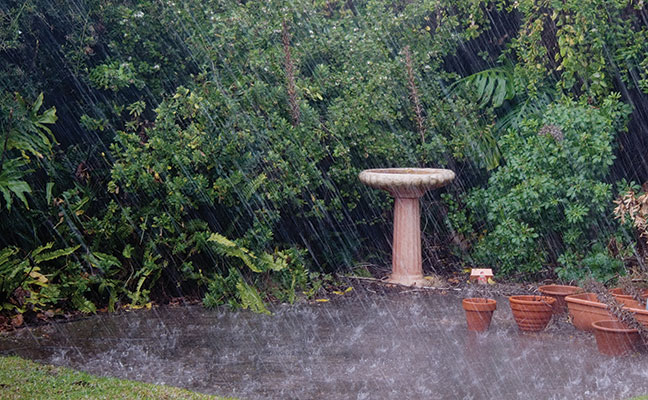Teach customers about mosquitoes
Professional pest management services expand based on the need and desire of the public. In recent years, the need for mosquito management has grown because of new emerging diseases transmitted by these insects.
With increased travel and movement of cargo, especially live plants, the frequency at which mosquitoes — and the disease organisms associated with them — shift to a higher probability.
Interestingly enough, many pest management professionals (PMPs) do not prepare for this event. They may lack knowledge on what to do. Perhaps it does not fit into their comfort zone. Or perhaps they just do not think it will occur in their market. They wait for the public to scream for service, with no planned program in place. But the public will not ask for assistance until struck with fear that a loved one can get sick from a mosquito bite.
Once a single person is stricken and the local media gets wind of it, word spreads like wildfire. Zika, chikungunya and dengue fever all have emerged on a global basis. All three diseases are contracted via mosquitoes that breed nearby, often on the premises of existing customers. Health officials are too often short-staffed to adequately provide the valuable services of inspecting, treating and training the public on how to best cooperate.
With all that in mind, here is a list of eight suggestions for you to share with the public.
- When going outdoors, wear light-colored, loose-fitting clothes. Black attracts mosquitoes, and it is easier for the mosquito to bite through tight-fitting garments.
- When walking around outside, do not wear open sandals. The smell of human sweat attracts mosquitoes.
- Repair screening. Ensure that exterior screens on windows, doors and patios are not torn or loose.
- Rig planter saucers. When using saucers to catch excess water from potted plants, place beach sand in the saucer almost to the top. It will catch water, but will not let the water become deep enough for mosquito larvae to develop.
- Treat bromeliads with mineral oil. Place a few drops of mineral oil in each leaf base. The oil will cover whatever water accumulates in the plant. The mosquito larvae cannot survive in the oil. Add new oil about once a month.
- Keep an adequate concentrate of chlorine in your swimming pool. If you are leaving for vacation, you can add mosquito dunks to the water.
- Pay attention to sources of standing water near your home. Change the water every week or so. In some cases, just flip the containers over so no water can accumulate. More than once, I have found upside-down garbage can lids teeming with mosquito larvae.
- Consider the unusual water containers. Examples include the interior of a dead snail shell, holes in trees, and hoofprints left by horses in mud. More common, but often overlooked examples include stagnating water in sump pump pits, drip pans from air conditioners and refrigerators, plugged rain gutters, neglected pet dishes, and toys and dishes left outdoors.
Become a resource
In my community of Boca Raton, Fla., neighbors are asking me what to do to protect themselves — and any family and friends who come to visit — from Zika and other mosquito-borne disease. I have five friends whose adult children simply refused to come from their homes up north to visit over the winter holidays. That’s just within my social circle; the broader negative economic impact for South Florida was significant this year.
Although emotion trumps science, you can provide valuable information to your customers, and be ready with an integrated pest management (IPM) program for mosquitoes when the need arises. Seek guidance from your local manufacturer and distributor representatives on how to best implement this. The U.S. Centers for Disease Control and Prevention and the National Pest Management Association also have resources available.



Comments (0)
Thanks for your comment!
Thanks for your feedback! Your comments have been successfully submitted! Please note, all comments require admin approval prior to display.
Error submitting comment!
There is a problem with your comment, please see below and try again.